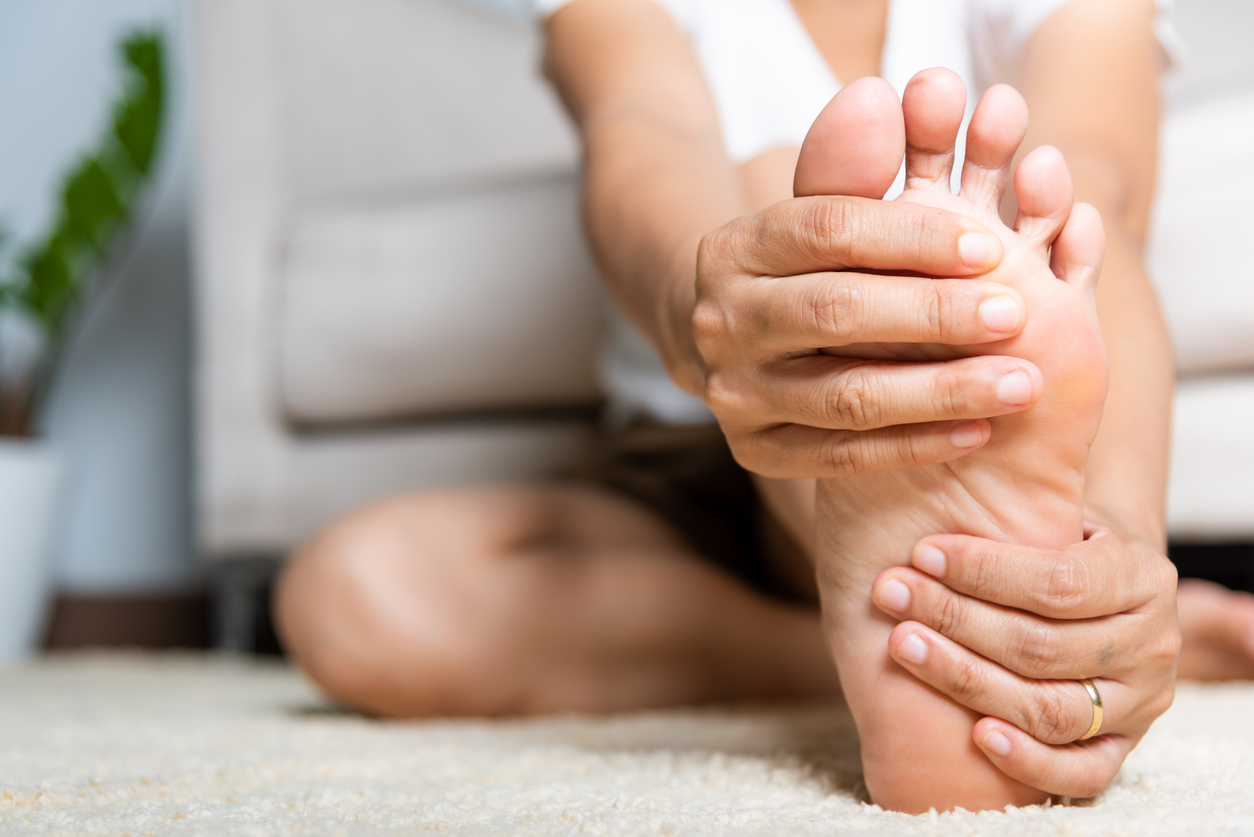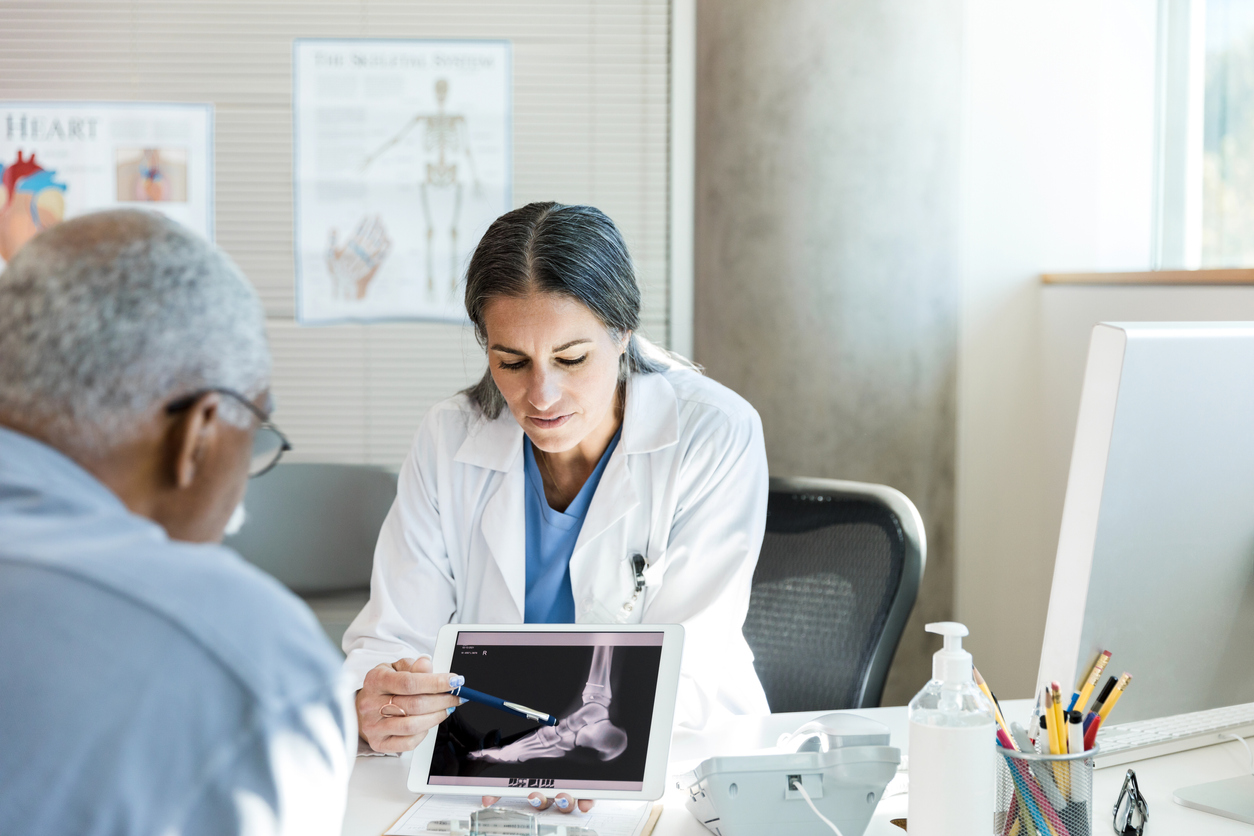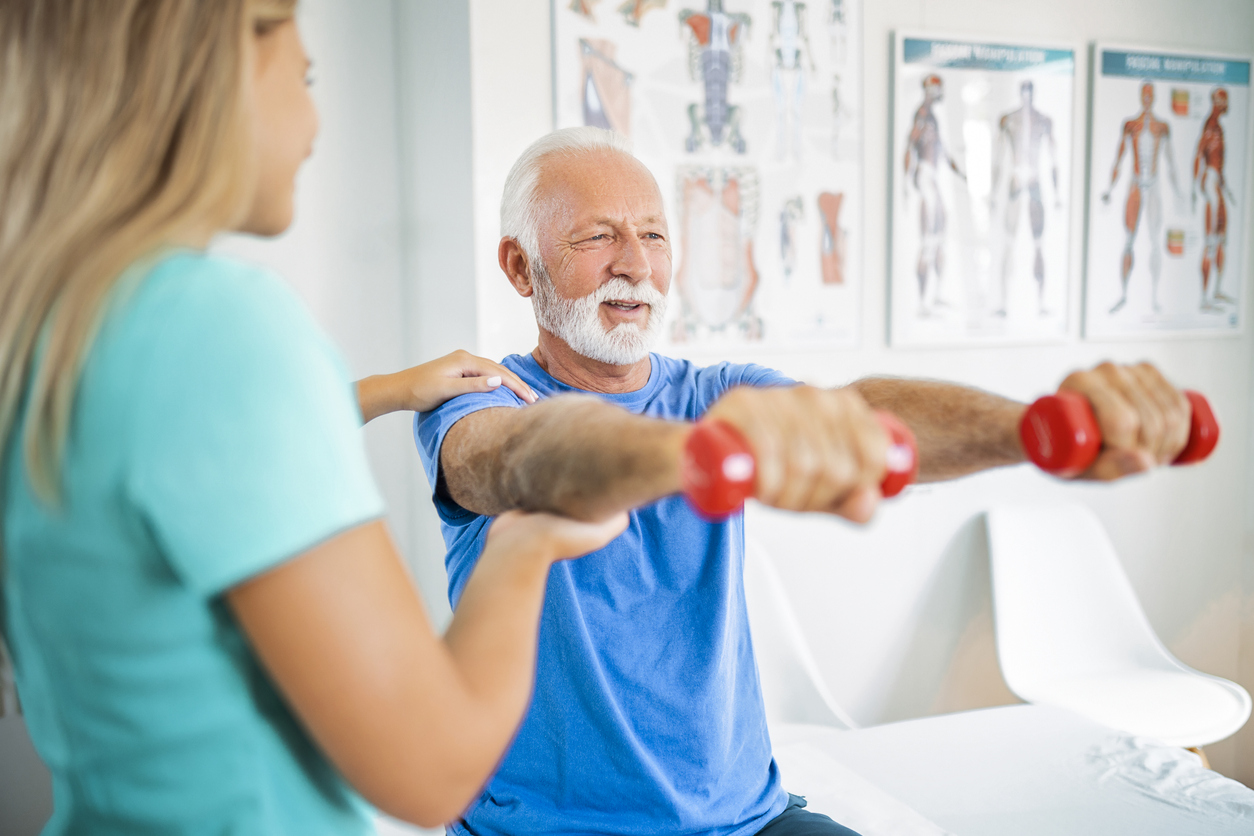
Oddly enough, but pain is an important mechanism that protects us. It is pain that signals that something in the body is wrong or something from the outside is dangerous for us. If a person does not feel pain, he can inflict a life-threatening injury on himself. The main causes of pain in adults are injuries, health conditions (cancer, arthritis, spinal problems, and so on), as well as surgery.
We all endure pain differently. There are people who are more sensitive to pain or people who are less sensitive. However, the mechanism of pain is always the same. A signal is formed in the nerve endings, which is transmitted to the brain, and the body often reacts reflexively, before we realize what needs to be done. For example, the hand pulls away from the hot independently. If something goes wrong in this system, a person is defenseless against threats.
Our emotional state affects how we deal with pain. If we understand the cause of pain and learn how to deal with it effectively, the quality of life improves. But if pain is informative and vital, should it be eliminated?
Short answer is Yes!
Research shows that pain is extremely harmful. Ignoring pain can have far-reaching consequences: reduced immunity, cardiovascular pathologies, death of nerve cells in the brain, wounds heal slower, can lead to suppuration , and so on. So although pain serves as a “guard”, it is still a dangerous by its nature and consequences.
Any pain needs to be stopped as soon as possible. If your heart or stomach hurts, you need to see a doctor (possibly, call an ambulance). The same applies to headaches, particularly caused by high blood pressure. Such pain can a signal of a life-threatening condition.
If acute pain is not relieved in a timely manner, it can become chronic. The causes of pain may disappear, but the body continues to believe that something is wrong. And this is a serious condition that reduces the quality of life. Depression develops, mental functions are disturbed. Getting rid of this condition is very difficult. Therefore, it is important to relieve pain as quickly as possible.
If you can not endure the pain, is it possible to “prescribe” analgesics for yourself?
Not always. Uncontrolled use of painkillers can harm, not help. Each medication has pros and cons, indications and contraindications. And choosing a medicine using the Internet or friends’ advice is not a good idea. For example, there are drugs that can only be taken for a limited amount of time. If you cross the line, the clinical picture is erased, and then it is difficult to recover.
Sometimes you can get rid of the pain without the use of medicines. Sometimes these methods are combined with taking medications. Here is what helps to cope with pain:
• Physical exercise (walking, stretching, power loads or aerobic exercise can reduce pain and improve your condition). However, overload should be avoided
• Massage. It relieves pain in some cases, but is not recommended as a long-term treatment
• Relaxation and stress relief techniques, including meditation and yoga
• Psychotherapy
• Acupuncture
Physiotherapy methods are very popular in the fight against pain. And with the development of advanced technologies, it became possible to have specialized physiotherapy and wellness devices, like Vega, in the “home first aid kit”. They are smaller and have simpler settings than the devices used in clinics, but they are no less effective. Physiotherapy is recommended to be carried out in a course, and home devices allow you not to interrupt the course of treatment and do procedures at any convenient time.
A combination of several methods of working with pain brings best results. So in any situation when you face pain, the best decision would be not to endure and not swallow handfuls of pills on your own, but to consult a doctor for recommendations.




